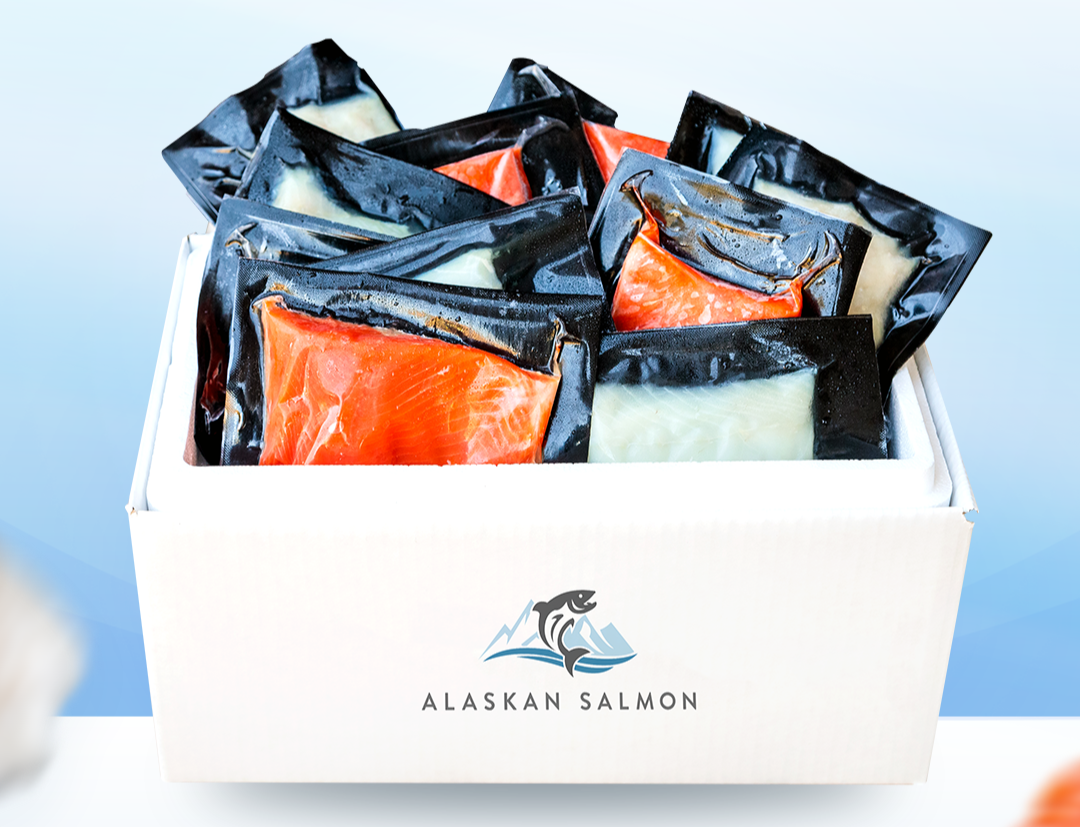Is Salmon Good for Constipation?
Updated on Apr 23, 2025
Not all constipation issues come from a lack of fiber — sometimes, your body just needs more healthy fat to get things moving. That’s where salmon shines.
Rich in omega-3s and unsaturated fats, salmon can help stimulate digestion and ease constipation, especially for those on low-fat or restrictive diets. In this guide, we’ll explore how salmon works to relieve constipation and why it’s one of the best proteins to add when you're feeling backed up.
Is Salmon Good for Constipation?
Yes, salmon can help relieve constipation — especially if your body is running low on healthy fats.
Your digestive system needs fat to function properly. Without enough of it, the digestive tract can slow down, making bowel movements irregular or uncomfortable. Salmon provides anti-inflammatory omega-3 fatty acids that help stimulate the bowels and reduce discomfort caused by sluggish digestion.
Related: 8 Health Benefits of Salmon
Is Salmon a Good Source of Fiber?
No, salmon isn’t a good source of fiber — but it still plays a role in supporting digestion.
While fiber is what adds bulk to stool and helps keep you regular, salmon offers healthy fats, especially omega-3s, that reduce inflammation and keep your gut functioning smoothly. For best results, pair salmon with fiber-rich foods like quinoa, lentils, leafy greens, or roasted vegetables. Together, they create a well-rounded, digestion-friendly meal.
Related: Top 9 Fish High in Omega-3 Fatty Acids
What Can I Eat with Salmon to Help with Constipation?
When you're dealing with constipation, pairing salmon with easy-to-digest, hydrating foods can help support relief more effectively.
Salmon’s healthy fats help stimulate digestion, and combining it with gentle sides can further encourage smoother bowel movements. Try serving salmon with:
- Steamed or roasted vegetables like carrots, zucchini, or squash
- Mashed sweet potatoes or plain white rice
- Light soups or broth-based dishes with salmon
- Soft-cooked grains like quinoa or oatmeal
- Eggs, avocado, or soft tofu for added healthy fat and variety
These combinations are less likely to cause bloating or digestive discomfort and create a balanced meal that supports regularity. Stick to softer textures and avoid greasy or overly processed foods, which can slow things down even more.
Related: 20 Best Sides for Salmon
Is Salmon Easy to Digest?
Yes, salmon is generally easy to digest, especially if it’s cooked the right way.
Thanks to its soft texture and lean protein, your body can break it down more easily than tougher meats. It’s also less likely to cause discomfort, which makes it a great choice for people with sensitive stomachs. Baked, grilled, or steamed salmon keeps things simple while delivering the healthy fats your body needs to support smoother, more regular digestion.
Is Salmon Good for the Colon?
Yes, salmon can support a healthier colon — thanks to the anti-inflammatory benefits of its healthy fats.
Constipation is often linked to slow-moving digestion and irritation in the lower digestive tract. The omega-3 fatty acids in salmon, like EPA and DHA, help calm that inflammation, making it easier for your colon to function smoothly. When your digestive tract is less inflamed, stool can pass through more easily and regularly.
Adding salmon to your meals can be a natural way to keep things moving and reduce strain during bowel movements.
Related: Is Salmon Good for Gut Health?
Is Salmon Good for Bloating?
Yes, salmon can help with bloating — especially when constipation is the root cause.
Constipation often leads to bloating, gas, and a heavy feeling. Salmon’s soft texture and healthy fats make it easier on your digestive system than tougher meats, which can contribute to discomfort. Its anti-inflammatory properties also help reduce that tight, bloated feeling by gently supporting movement in the digestive tract.
If you're feeling backed up and bloated, adding salmon to your meals is a nourishing step toward relief and feeling lighter.
Summary
Yes, salmon can help ease constipation — especially if your diet is low in healthy fats. Its anti-inflammatory omega-3s and easy-to-digest protein work together to gently stimulate digestion and support smoother, more regular bowel movements.
While salmon isn’t a source of fiber, it still plays an important role in naturally relieving constipation. From reducing bloating to helping your colon function more comfortably, salmon is a smart, nourishing addition to your meals when you’re feeling backed up. At Alaskan Salmon Company, we offer wild-caught, sushi-grade salmon that’s as clean and delicious as it is digestion-friendly — perfect for building meals that help you feel lighter and more comfortable.








